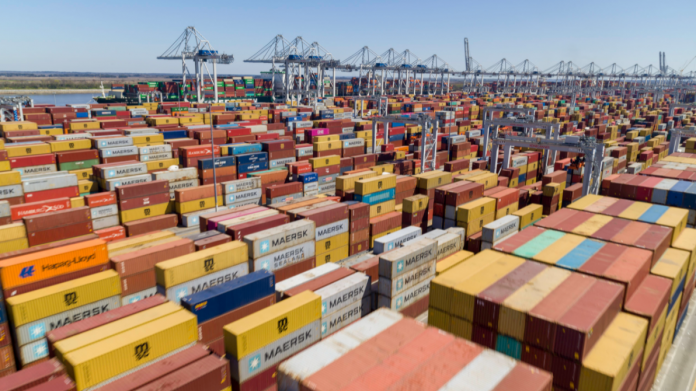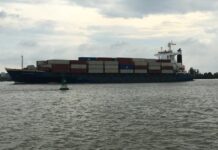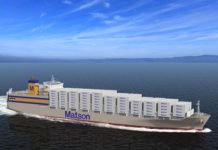
Hurricane Milton battered the west coast of Florida last week. Power disruptions kept the Port of Tampa Bay closed until Monday, while ports in Miami and Jacksonville resumed operations before the end of last week.
The Port of Savannah, which was still facing a backlog from Hurricane Helene in September, will require another two weeks to restore full fluidity as the three-day ILA port strike added to the number of waiting vessels. Ships are waiting more than two days for a slot in Savannah, with the other major East Coast ports also reporting waits of one to four days at some terminals due to the strike, representing significant but not extreme congestion as the backlogs get cleared.
Some carriers have announced blanked sailings in response to the congestion, but may also be adjusting capacity to the lower, post-peak season volumes.
Transpacific ocean rates are now 30% below their July peaks, and with the early end to peak season, we should expect rates to continue easing. Rate levels of US$5,500/FEU to the West Coast and US$6,700/FEU to the East Coast are still several thousand dollars higher than typical levels even for peak season and are also still about US$1,000/FEU higher than the Red Sea-adjusted floor hit in April. As long as Red Sea diversions continue to absorb capacity on an industry level, prices may not fall much further than seen back in April.
Asia – Europe and Mediterranean trades – that, due to longer lead times for sailings around the Cape of Good Hope, had to have peak season goods moved out of Asia before Golden Week to receive them in time for Q4 consumer events – seem to be even further past peak demand than the transpacific. Rates on these lanes fell further last week and, at about US$3,600/FEU to Europe and US$4,000/FEU to the Mediterranean, are already just about at April levels.
In air cargo, Freightos Air Index data shows that transpacific air cargo rates that had jumped to US$7.07/kg with some ocean to air shift at the start of the ILA strike, fell back to US$5.43/kg last week. But even at US$5 – US$6/kg, rates are elevated well above typical levels even ahead of air’s Q4 peak season on the continued surge of e-commerce volumes out of China.
The importing of low-cost goods directly to consumers by high-cost air cargo is mostly facilitated by the de minimis exception which exempts small imports from customs costs and rigorous and expensive filing requirements.
In September the White House announced plans to significantly reduce access to the de minimis exemption, with e-commerce imports from China a main target.
Actual rule changes will be a ways off and final versions could be quite different from those proposed. Because of the lack of movement since September, e-commerce air cargo volumes are expected to increase along with other types of goods soon and through early December, making space even tighter and pushing rates higher.
If significant changes to de minimis do eventually go through though, they could result in a shift in strategy by e-commerce platforms like Temu and Shein, and a possible shift away from or reduction in the use of air cargo for these types of goods.
The analysis was written by Judah Levine, Head of Research at Freightos





